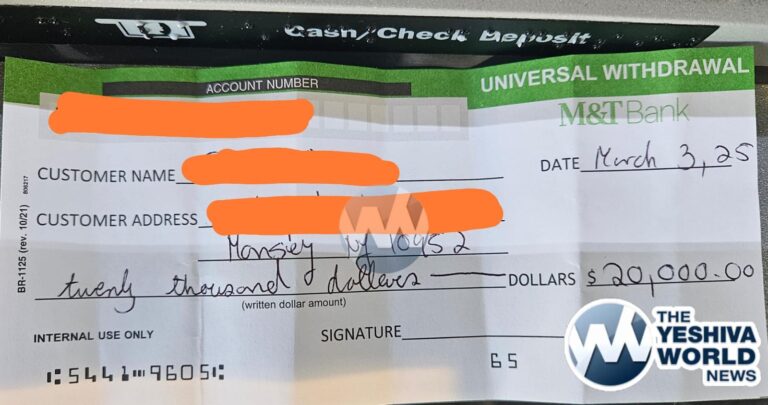Offshore drilling contractor Transocean Ltd has agreed to pay $1.4 billion to settle U.S. government charges arising from BP Plc’s massive Macondo oil spill in the Gulf of Mexico in 2010.
The settlement unveiled on Thursday by the Department of Justice includes $1 billion in civil penalties and $400 million in criminal penalties. The company had set aside $1.95 billion in potential losses related to Macondo, including $1.5 billion for its anticipated settlement with the DoJ.
Shares of Transocean were up 7 percent at $49.50 in afternoon trading on the New York Stock Exchange, while the overall market was largely unchanged.
“The bottom line to me is they now can put away the big black cloud that has been hanging over them,” said Phil Weiss, an oil analyst at Argus. “I take this as a positive, even if the number is a little higher than I expected.”
The rest of the funds Transocean set aside will go toward other litigation that has yet to be resolved relating to the disaster.
Barclays Capital said the settlement was below its $2.5 billion estimate and believed the resulting clarity would lead to a “significant valuation recalibration” for the company. Barclays noted that among the Macondo contractors, Halliburton remained the only one that had not yet settled. Halliburton shares were up 2.5 percent on Thursday.
A Transocean spokesman was unavailable to discuss remaining Macondo liabilities. A company statement said claims associated with the Natural Resources Damage Assessment process were excluded from the DoJ deal, but a district court has found Transocean liable only for discharges above the water’s surface.
Switzerland-based Transocean owned the Deepwater Horizon rig that was drilling a mile-deep well when a surge of methane gas sparked an explosion on April 20, 2010. The explosion killed 11 men and led to one of the largest environmental disasters in U.S. history.
“This resolution of criminal allegations and civil claims against Transocean brings us one significant step closer to justice for the human, environmental and economic devastation wrought by the Deepwater Horizon disaster,” U.S. Attorney General Eric Holder said in a statement.
The disaster led to several months of a deepwater drilling ban and intense scrutiny of the offshore drilling industry, which is now booming again despite lingering public concerns.
Of the $400 million, $150 million will go toward restoring and conserving the Gulf of Mexico’s marine environment, while another $150 million will fund improved oil spill prevention and response efforts in the Gulf, the DoJ said.
BP and Transocean had “multiple safety management system deficiencies that contributed to the Macondo incident,” and neither had adequate safety rules, according to a July 2012 report from the U.S. Chemical Safety Board.
Transocean and BP disagreed on who was in charge of interpreting what is known as a negative pressure test, which could have alerted workers to the well’s instability.
The DoJ said that in agreeing to plead guilty to violating the Clean Water Act, Transocean admitted that members of its crew, acting at BP’s direction, were negligent in failing fully to investigate indications that the Macondo well was not secure.
BP in November agreed to a settlement with the U.S. government worth $4.5 billion, including the largest criminal fine ever at $1.256 billion. The London-based oil company also agreed to plead guilty to obstruction of Congress, a felony.
New York-traded shares of BP were up more than 2 percent in early afternoon trading.
(Reuters)










